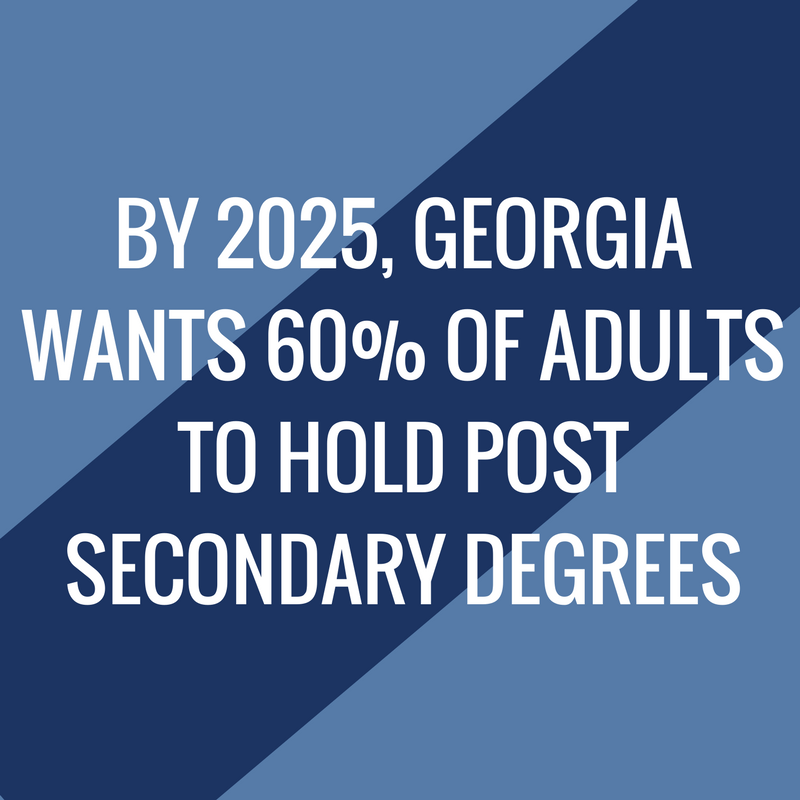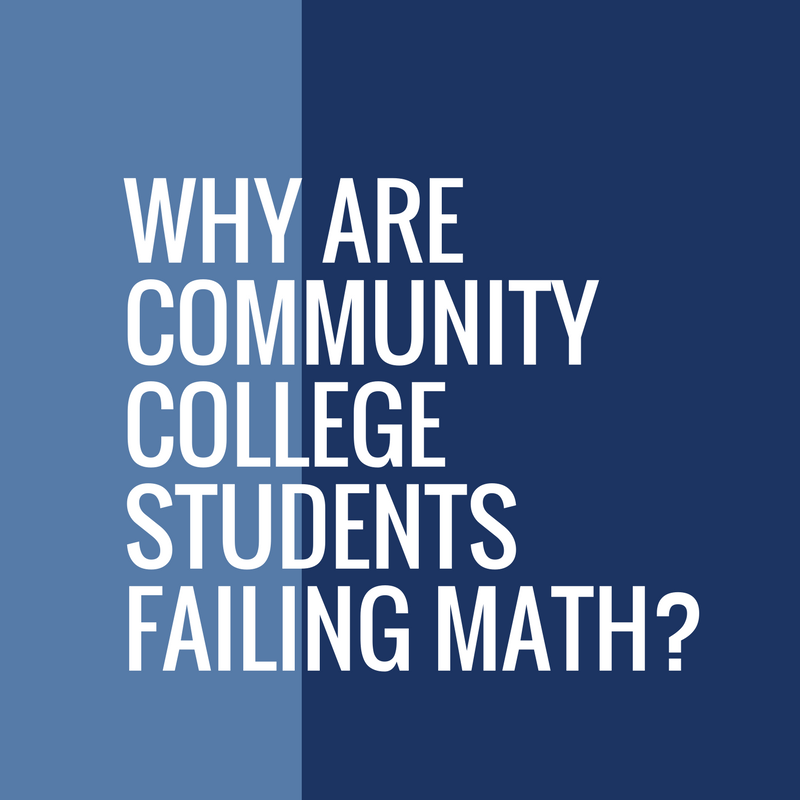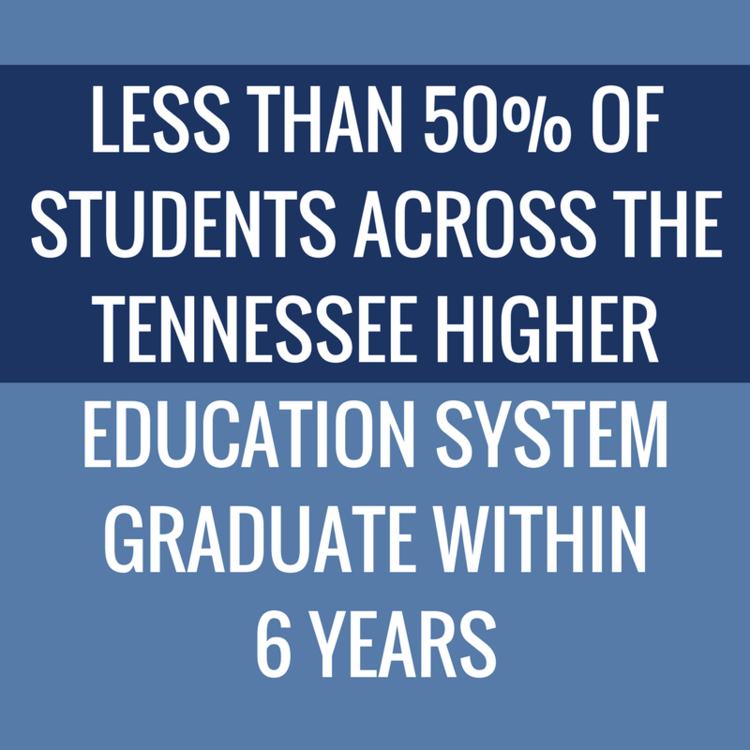Our mission
We are driven to improve people's lives through rigorous motivation research.
Improve lives
Above all else, we’re dedicated to improving the quality of people’s lives. We often start with the needs of the individual — to help students find value in their coursework, athletes persevere through challenges, and teachers build meaningful connections for their students. At the same time, because we know how much individuals are influenced by their contexts, we also target the whole system in order to make the most effective, sustainable change. In school settings, for instance, we partner with teachers to modify their classroom pedagogy, designers to enhance curriculum, and policy makers to revise disciplinary practices.
Scientific rigor
The real-world challenges we tackle are complex. We draw from a diverse array of research methodologies to find the most appropriate tools for our projects. We then apply them with the highest level of scientific rigor to create evidence-demonstrated results. Our commitment to methodological best practices—from design thinking and improvement science to randomized field experiments and intervention fidelity—allows us to address our partners’ real-world issues and set the stage for lasting, measurable change. By collaborating with experts from a variety of fields and using the principles of improvement science, we continuously evaluate our methods and products to ensure our work is both of the highest quality and constantly improving. By measuring how and why interventions work, we simultaneously push the boundaries of theory and understand the conditions under which our improvements will generalize to other people and contexts.
Motivation research
The word “motivation” derives from the Latin word moevere, which means to move. Motivation – including learning mindsets like growth mindset, purpose and value, and belonging – is what moves us to behave in certain ways. Our work aims to increase motivation not only by encouraging improvement but also by removing barriers to success. We focus on motivation because growing evidence demonstrates that there is a relationship between the motivation we bring to challenges – in school, work, relationships, and more – and our choices, enjoyment, persistence, and success in important activities. Motivation research also suggests that it is malleable – our motivation in a situation can be influenced and changed. By diving into the complexities of motivation, our work seeks to unlock how motivation can be harnessed to help people succeed.






